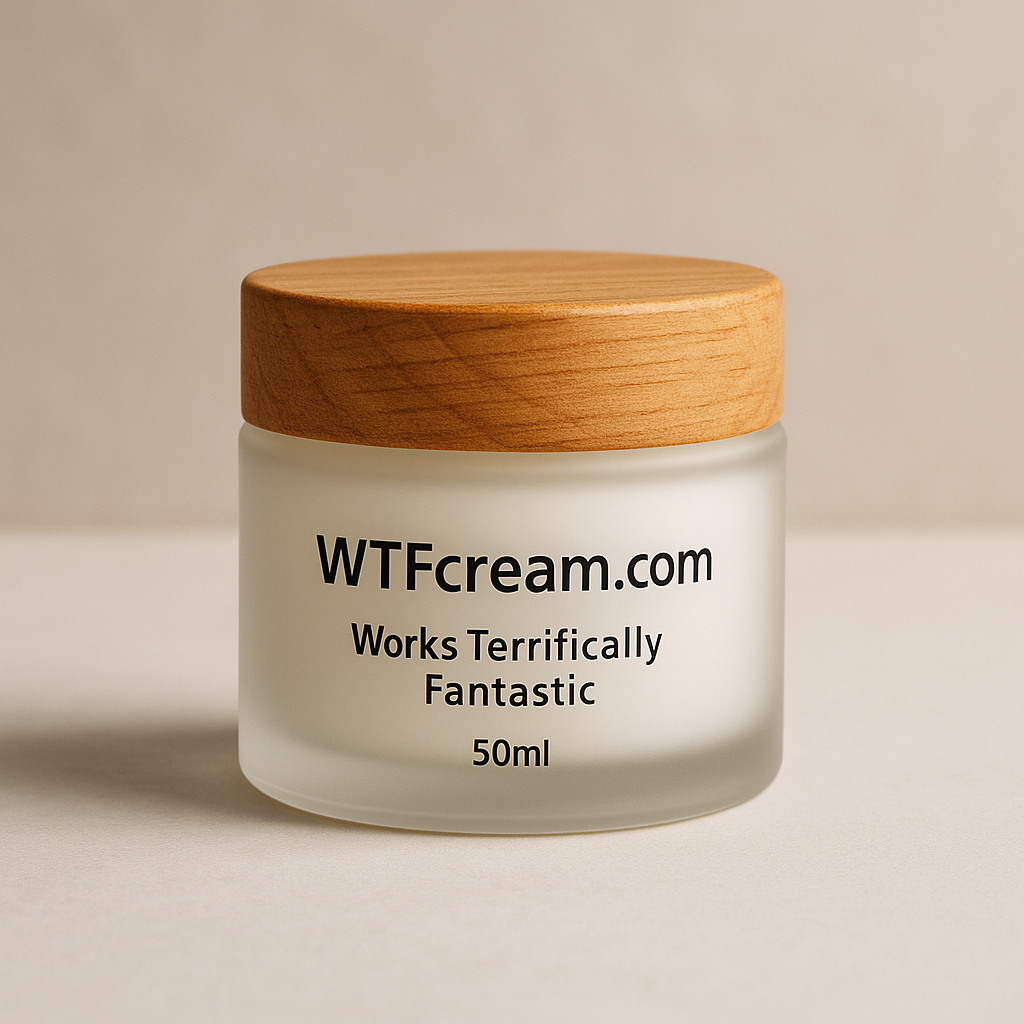Eczema vs Psoriasis
Share
Understanding Eczema and Psoriasis
Skin conditions like eczema and psoriasis can look similar at first glance. Both can cause red, inflamed patches and intense itching, making it hard to know which one you’re dealing with. But understanding the differences between eczema and psoriasis is key to finding the right treatment and relief.
Let’s take a closer look at what sets these two common skin issues apart.
What is Eczema?
Eczema, also known as atopic dermatitis, is a chronic condition that makes the skin dry, itchy, and inflamed. It often starts in childhood but can affect people of any age.
- Appearance: Red, dry, and scaly patches that may ooze or crust over.
- Common Areas: Bends of the elbows, behind the knees, face, and hands.
- Triggers: Irritants like soaps, stress, allergens, and cold weather.
What is Psoriasis?
Psoriasis is an autoimmune condition that speeds up the growth of skin cells. Instead of shedding normally, these extra cells build up, creating thick, silvery scales and plaques.
- Appearance: Raised red patches covered with silvery-white scales.
- Common Areas: Scalp, elbows, knees, and lower back.
- Triggers: Infections, stress, cold weather, and certain medications.
Key Differences Between Eczema and Psoriasis
- Texture: Eczema usually feels rough and dry, while psoriasis tends to form thicker, scaly plaques.
- Itch: Eczema often causes intense itching. Psoriasis can itch too but is often more painful or burning.
- Onset: Eczema is more common in children, while psoriasis often appears in adults.
Treatment Options
While both conditions can improve with moisturizing creams and lifestyle changes, they sometimes require different treatments:
- Eczema: Regular use of emollients, gentle cleansers, and prescription creams for flare-ups.
- Psoriasis: Topical steroids, vitamin D creams, phototherapy, or systemic medications in severe cases.
When to See a Dermatologist
If you’re unsure whether you have eczema or psoriasis, or if your symptoms are severe, it’s always best to check with a dermatologist. A professional can give you an accurate diagnosis and recommend the most effective treatment plan.
Final Thoughts
Eczema and psoriasis can both be challenging, but knowing the difference is the first step toward relief. Whether you’re managing chronic eczema or treating psoriasis plaques, consistent care and the right products can make all the difference.
If you’re looking for a gentle, effective cream to help calm irritation and hydrate your skin, explore our collection of products designed for sensitive skin and eczema relief.


